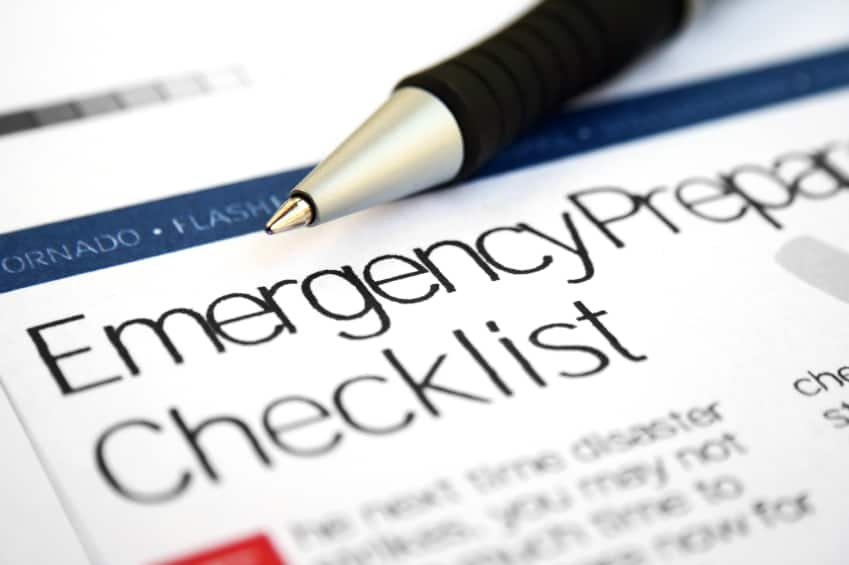
Desert Water Agency works closely with local, state, and federal officials to protect our water resources in the event of a disaster. We have enlisted the support and resources of professional organizations and agencies, like the American Water Works Association and the US Environmental Protection Agency, to assist us in our security efforts.
In an Emergency
Desert Water Agency has an Emergency Preparedness Plan in place. It outlines specific courses of action agency personnel will follow in the event of a natural disaster or breach in facility security.
In the event of an emergency, Desert Water Agency phone service is available 24 hours a day, 7 days a week. Leave a message which will be received by our standby personnel.
Water Security FAQ
Have there been any specific terrorist threats against water utilities?
The Federal Bureau of Investigation has requested that water utilities remain vigilant. According to the U.S. Environmental Protection Agency, a water utility is highly unlikely to be compromised in the event of a terrorist attack because utilities have already been on guard against a wide variety of hazardous contaminants for many years. Our continual testing and monitoring of water quality standards is our best protection.
What steps are being taken to ensure my drinking water is safe?
Testing the water continuously to make sure it is free from contamination is the best action to take to ensure water safety. Disinfection with chlorine provides added protection.
We also work closely with local, state, and federal officials to protect our water resources.
How do I find out if my water is okay?
Prompt customer notification is an important part of every emergency plan. If testing were to indicate that contamination may be present, customers would receive notices such as “boil water” or “do-not-drink.” As our customer, if you have special concerns, please feel free to contact Desert Water Agency 760-323-4971at.
What should I do to prepare?
Make sure you keep bottled water on hand. Include a week's supply of bottled water (one gallon per person per day). Store bottles in a cool, dark place and replace every six months. Make sure to keep extra for pets.
How can I help?
Water treatment plants, water storage tanks, fire hydrants and other utility facilities may be located throughout your community. Keep an eye out for any suspicious activity around these facilities and reservoirs. If you see something unusual, contact your local police department and local water utility immediately.

